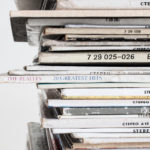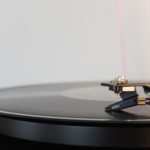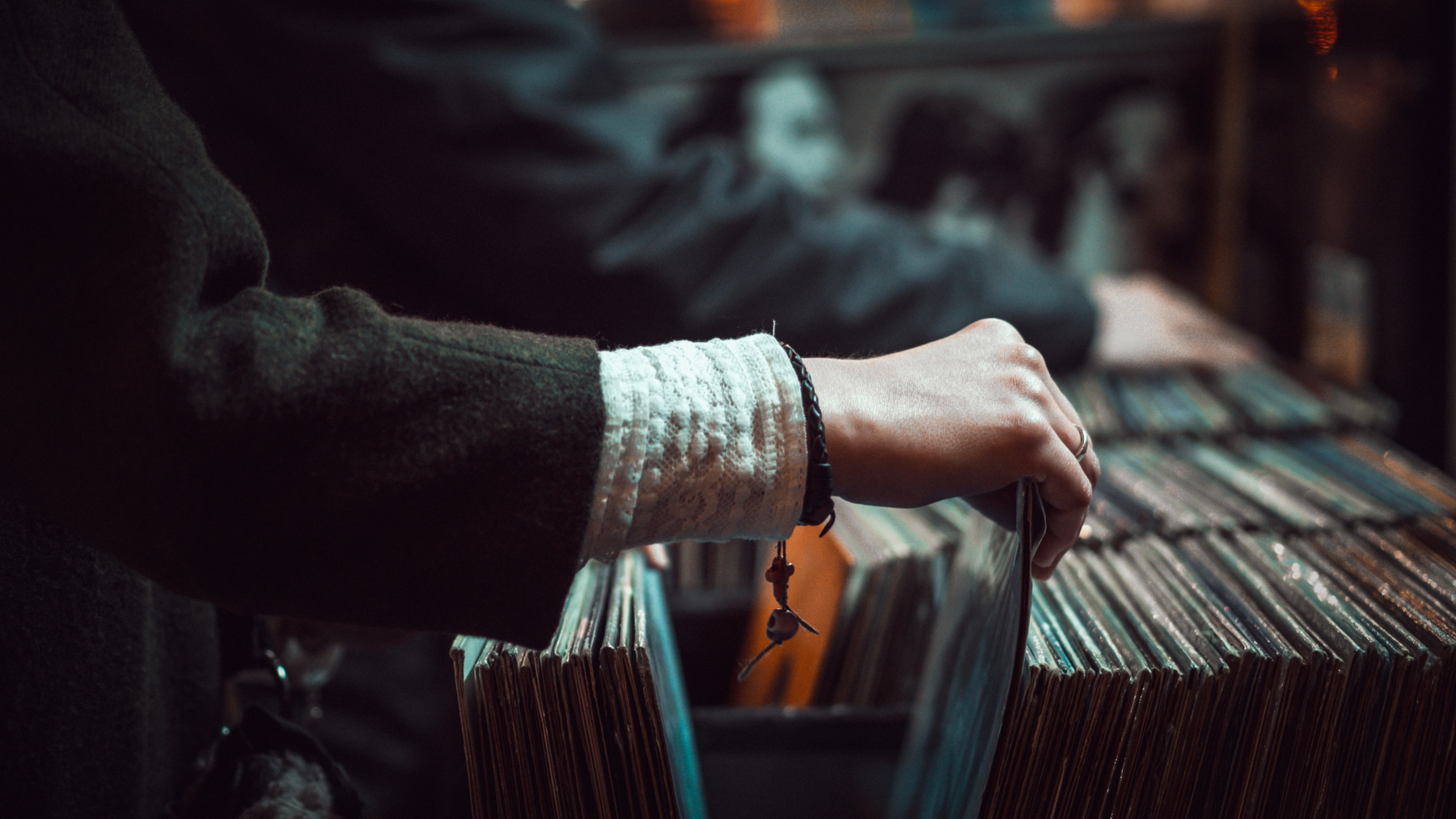
After being supplanted by the cassette at the end of the 1980s, the vinyl record looked set to be left for dead on the waste side. The CD would eventually replace the cassette after its ‘90s heyday, before the world switched to digital MP3 music with the rise of portable MP3 players and domination of Apple. Instead, vinyl has made a remarkable comeback to become one of the music industry’s few growth areas; for the first time in 30 years vinyl production is on the up, with 13 million records sold in the US alone in 2014. Brand new vinyl presses have entered the market—including at White Stripes frontman Jack White’s Third Man pressing plant in Detroit—and this year high-definition vinyl technology was officially patented for the first time, heralding a new era for the vinyl record. In homage to this dramatic turnaround, The Hut offers five reasons why we think the vinyl record will never die.

Unrivalled Sound Quality

Listening to a Vinyl Record is an Experience

The Album as Art

Discovering Family Record Collections

A Community of Record Collectors
Discover the world of vinyl and retro music with GPO, the British brand determined to aid the vinyl revolution with high-quality vinyl record players as well as vintage radios, clocks and accessories. Explore the collection today > >









